News
-
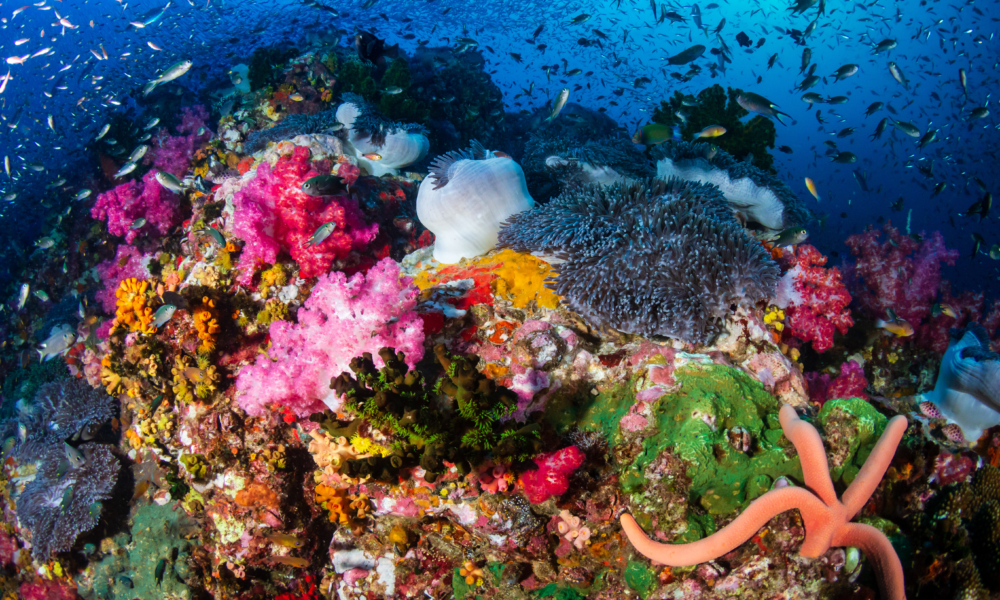
Generative Conflict: Embedding EDI in Research
Outgoing EDI Officer Steph Perrin reflects on two years of work on equality, diversity and inclusion at the Agile Initiative.
24 February 2026 -

From beans to minerals: the new projects getting science into policy
Agile are pleased to announce the launch of five science-to-policy projects, designed to deliver evidence-based solutions to environmental policy questions.
3 February 2026 -
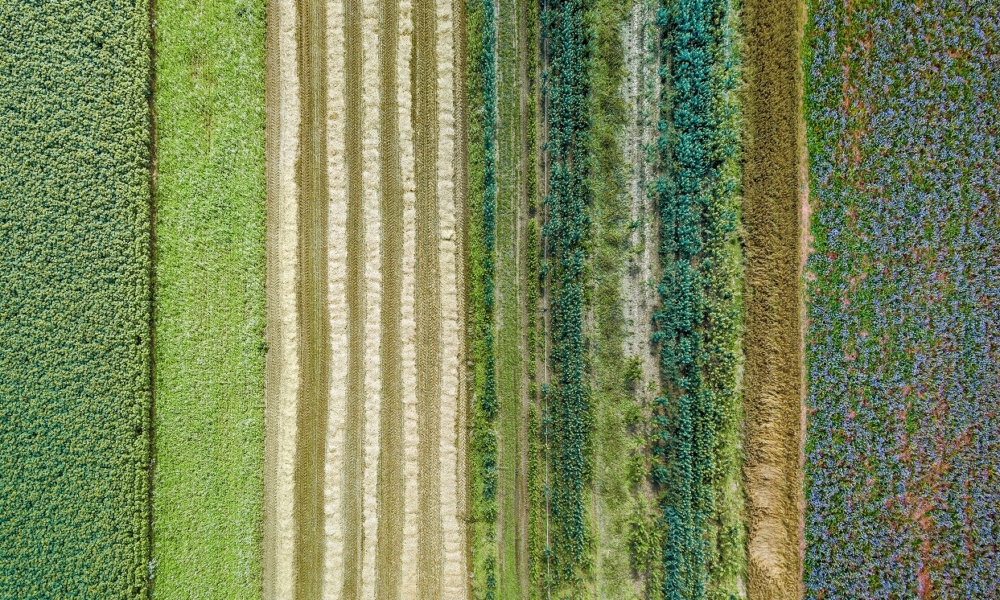
Hunger on our doorstep
In this blog, researcher Dr Richard Kipling writes about food insecurity.
26 January 2026
Explore sprints
-

Environment and National Security: Exploring Policy ‘Demand Signals’ and the Science Response
This 6-month research project is exploring urgent evidence needs and use in response to the climate and biosphere emergency and its implications for UK national security.
-
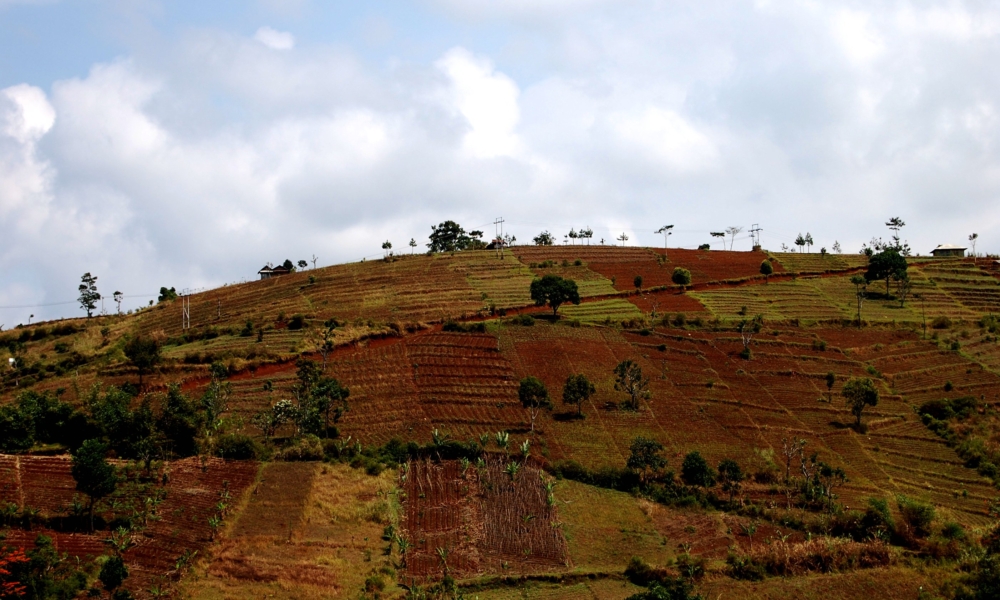
How can action on deforestation strengthen the UK’s food system security and resilience?
This Sprint will explore how alternative deforestation-control pathways may affect agricultural output, trade patterns, livelihoods, and the UK’s food systems.
-
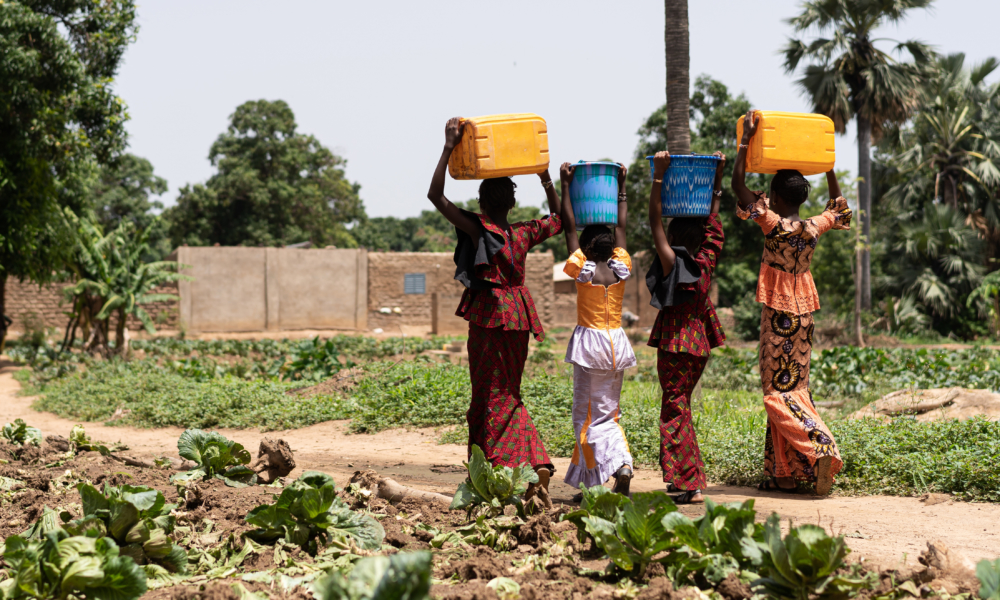
How can we prevent childhood sexual abuse in climate disasters?
This Sprint investigates a critical and under-recognised consequence of climate change: the increased risk of childhood sexual abuse during and after climate emergencies across Eastern and Southern Africa.
Outputs
-
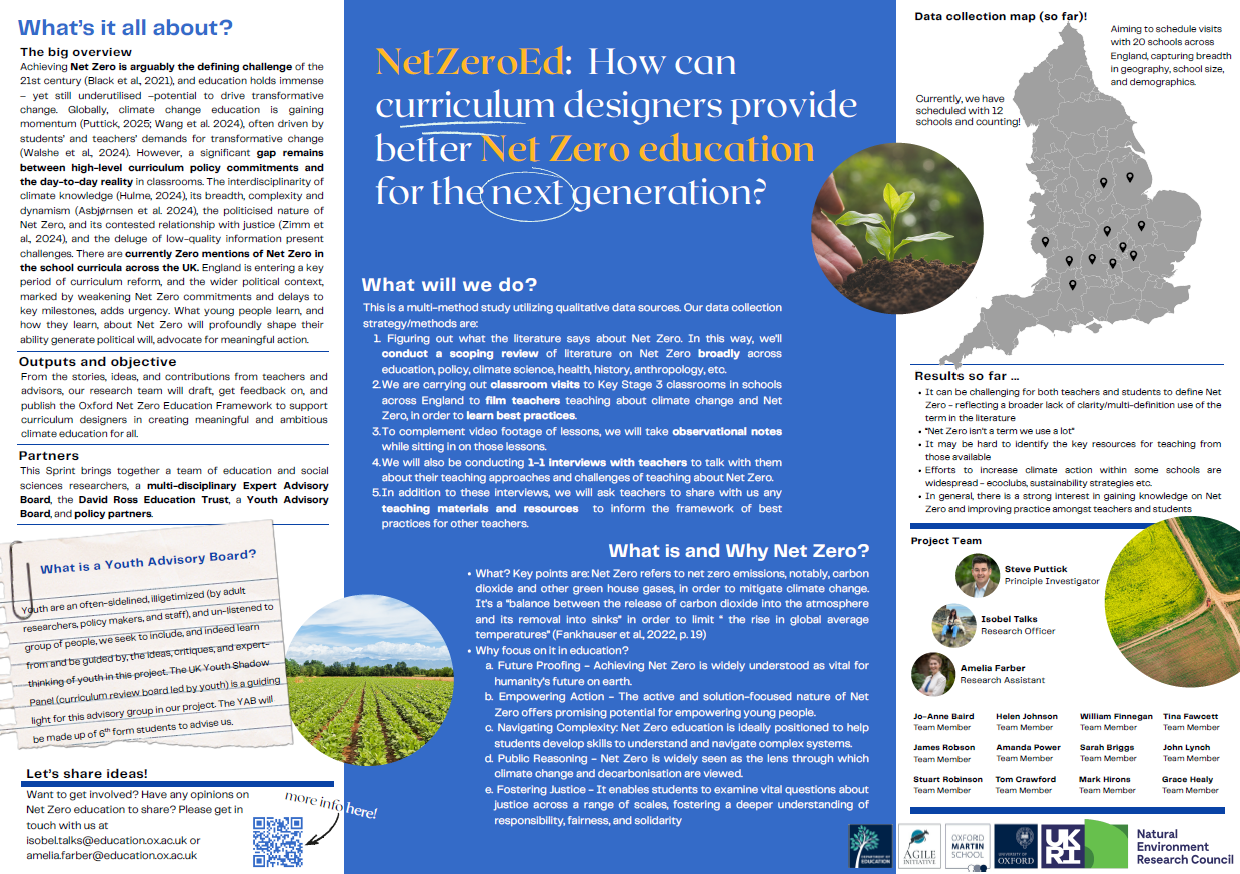
NetZeroEd: how can curriculum designers provide better Net Zero education for the next generation?
MoreThis academic poster explains the research of the net zero education sprint.
Associated Sprint: How can curriculum designers provide better Net Zero education for the next generation?
Associated SDGs: 13 Climate action, 4 Quality education
-
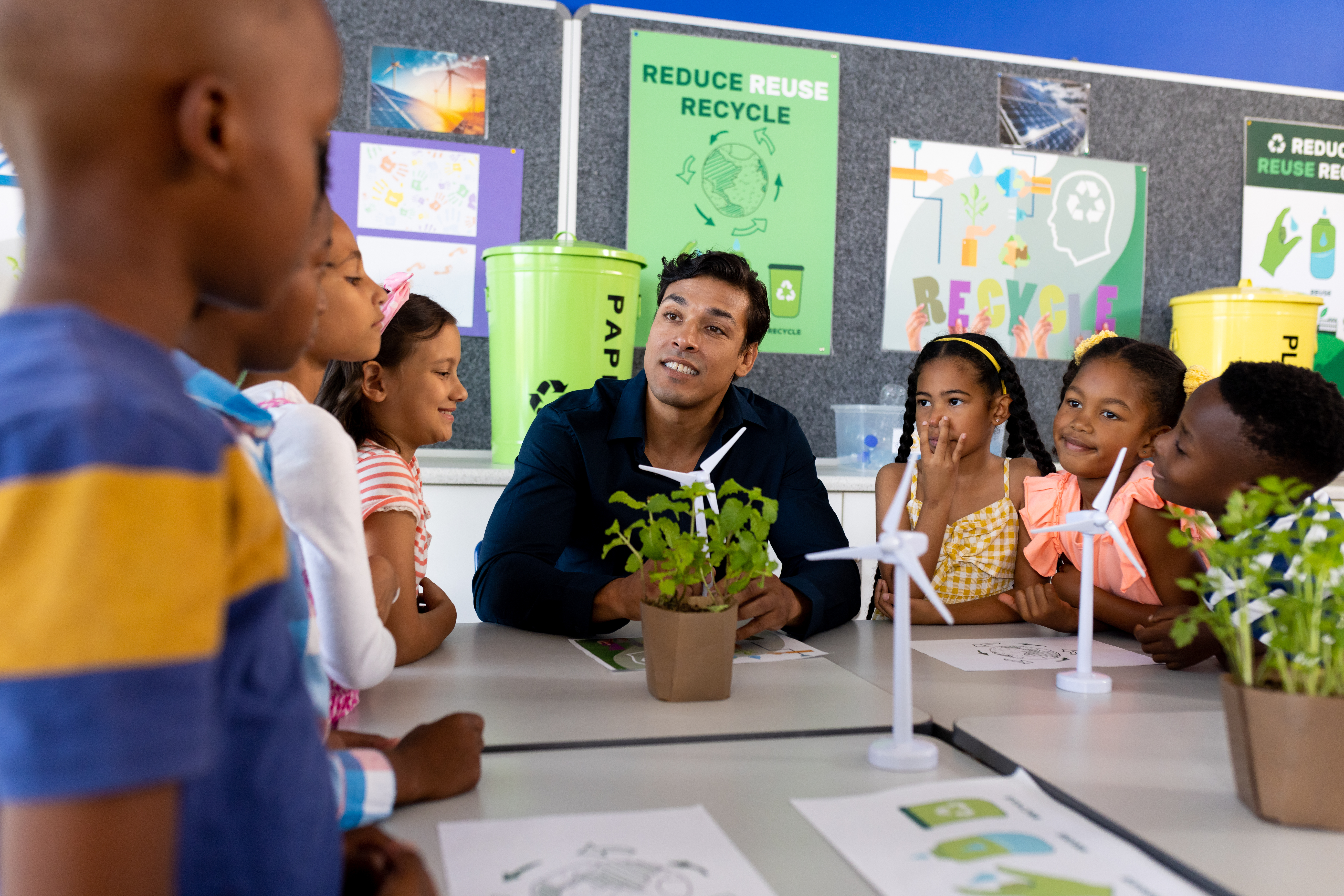
Five arguments for including Net Zero in the curriculum
MoreAn outline of five arguments published on BERA for including Net Zero in the curriculum, touching on issues of: futures, empowerment, complexity, public reasoning and justice.
Associated Sprint: How can curriculum designers provide better Net Zero education for the next generation?
Associated SDGs: 13 Climate action, 4 Quality education
-
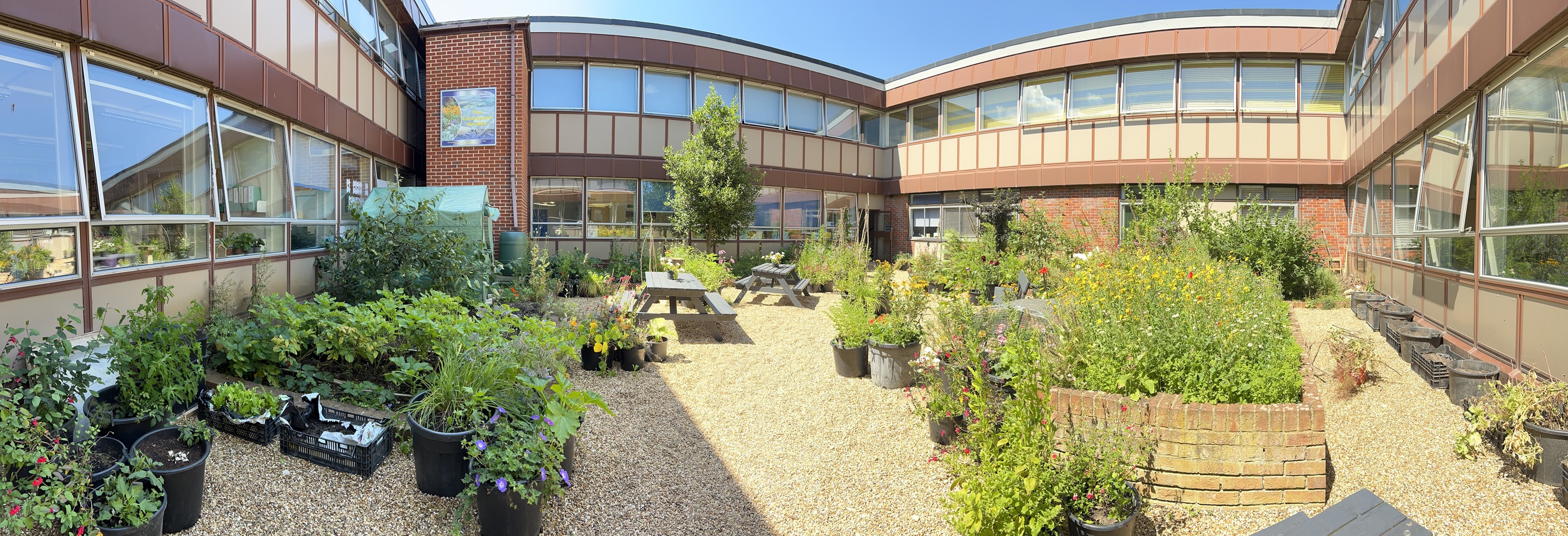
Nature-based programmes: studies of four secondary schools
MoreFour case studies have been produced as part of the Sprint project looking at Nature-based programmes in secondary schools for mental health and wellbeing. These case studies offer an illustrative, practice-led snapshot of nature-based initiatives.
Associated Sprint: Is “nature” a policy solution to mental health in schools?
Associated SDGs: 11 Sustainable cities and communities, 13 Climate action, 3 Good health and well-being, 4 Quality education
-
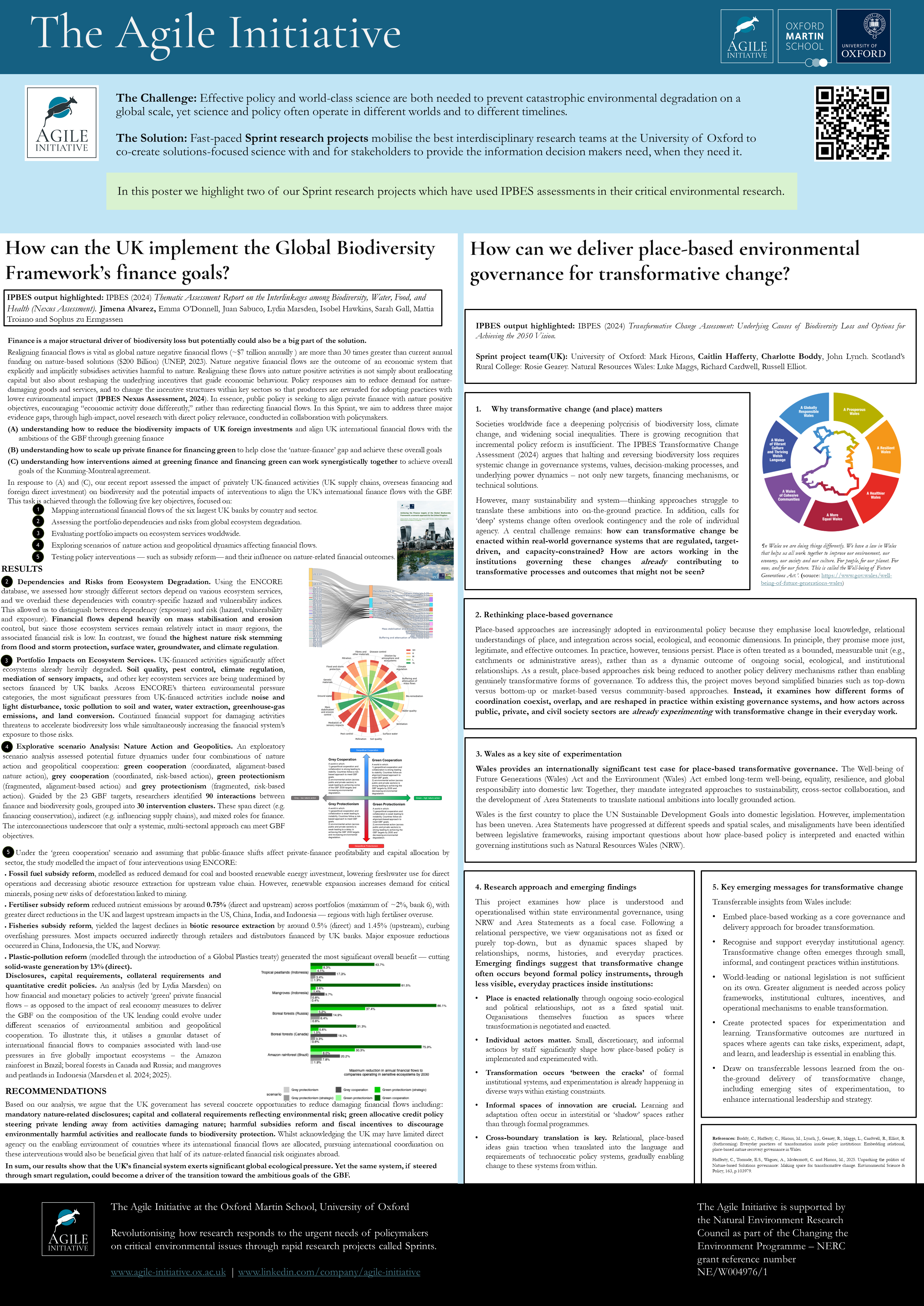
Agile poster at IPBES-12
MoreCharlotte B., Dr Jimena Alvarez and Caitlin Hafferty's poster for IPBES-12, on how we can deliver place-based environmental governance for transformative change, and how the UK can implement the GBF's finance goals.
Associated Sprint: How can we deliver effective, equitable and place-based environmental governance?
Associated SDGs: 11 Sustainable cities and communities, 12 Responsible consumption and production, 13 Climate action, 14 Life below water, 15 Life on land, 2 Zero hunger, 3 Good health and well-being, 8 Decent work and economic growth
No events found
Sorry there are no events found at this time. Please check back again soon. Check 'Past events' for all previous events.
Sign-up to the Agile Insights Newsletter
Sign-up Contact usThe register link above will open a form in a new page. By completing the form you agree to our Privacy policy.


